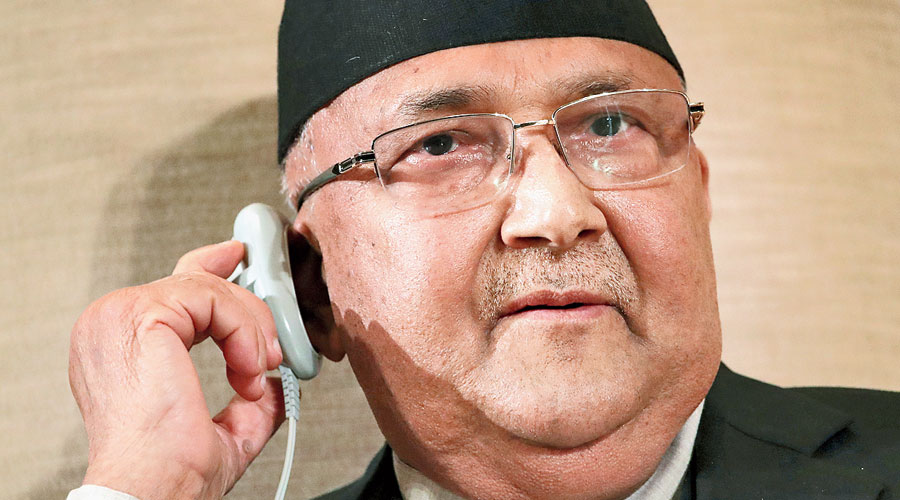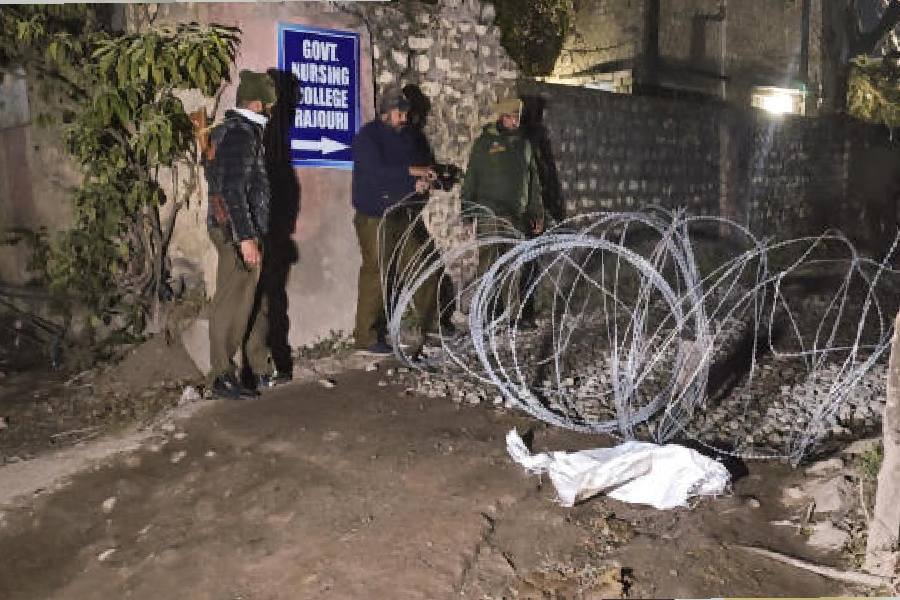Is the person bigger than the party? That seems to be the case in Nepal where the prime minister, K.P. Sharma Oli, has dissolved the House of Representatives and called for fresh elections in a few months’ time. Mr Oli’s principal rival, Pushpa Kamal Dahal, has responded predictably: Mr Oli has been removed by the central committee of the ruling Nepal Communist Party from the post of party chairman. The feud is expected to get uglier, and Mr Oli can claim credit for this marked deterioration. The genesis of this crisis can be traced back to the simmering tensions between the comrades. The Nepal Communist Party was born when Mr Oli’s Communist Party of Nepal (Unified Marxist-Leninist) decided to bury the hatchet with the Communist Party of Nepal (Maoist-Centre) led by Mr Dahal. But this unity was far from robust. Mr Oli had been a staunch critic of Mr Dahal’s role in the civil war. He also reneged on the pledge to share power with his rival after a stipulated period of time. The prime minister’s critics allege that he has used the time in office to consolidate his hold on the levers of power, hoping that his anti-India rhetoric would help him retain his grip both on the people and institutions. But Mr Oli’s confidence — an acquiescent president notwithstanding — may be misplaced. The public mood in Nepal is grim. With the pandemic accentuating an economic crisis, political instability is hardly what Kathmandu needs at this hour. The prime minister’s dissolution of the House of Representatives has also been challenged in court. It remains to be seen whether it passes judicial scrutiny. With his ‘constitutional coup’ Mr Oli has also cornered himself within the ranks of the party.
New Delhi would be following the developments in its Himalayan neighbour quite closely. An unstable Nepal is not in either country’s interests. Whatever the outcome of this fracas in Nepal, the coldness that has crept into Kathmandu’s ties with New Delhi needs to be addressed urgently. The bitterness may have something to do with China’s growing imprint in Nepal. New Delhi must rely on its long and special relationship — the fruits of which are open borders and unhindered movement for people — to smoothen the emerging creases.











